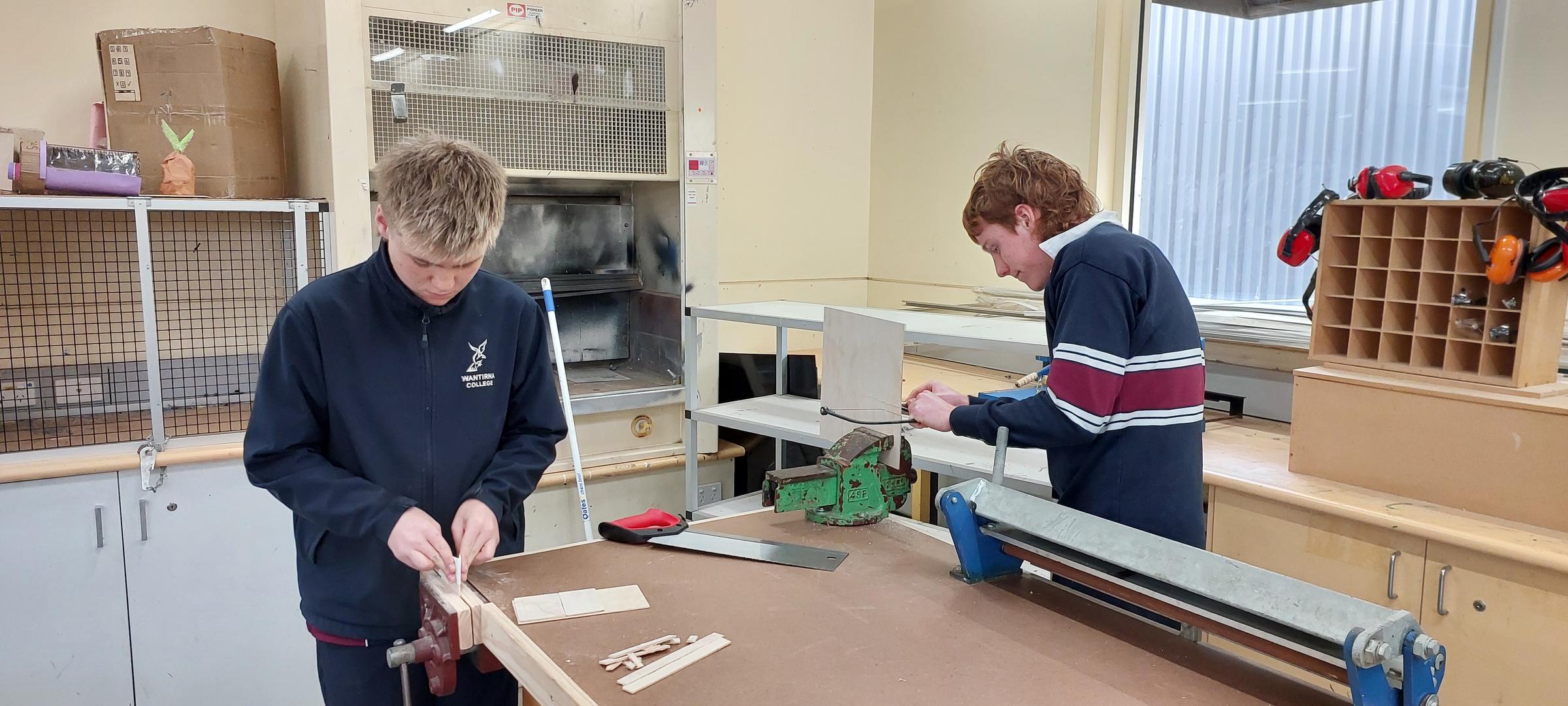Learning & Teaching

Digital Habits Presentations for Parents - Save the Dates!
Did you know that the recommended amount of recreational screen time for children and young people aged 5–17 years is no more than 2 hours per day? (This does not include required schoolwork.)
However, most teens exceed this recommendation, and this can negatively impact their mental and physical health, academic performance, and social development. Up to 30% of a teens' waking time is spent in front of a screens, averaging:
- 159 minutes of TV
- 60 minutes of computers, and
- 45 minutes of gaming
Reference here.
The increasing prevalence of digital devices in teens' lives has brought significant benefits along with many challenges about how to regulate time spent in the digital world and moderate the content consumed. As parents, we often feel ill-equipped to effectively manage our children's device usage. It can be challenging for us to know what normal and heathy digital habits look like and what to do when concerned about our children’s online activities.
To address these issues, Mel Zulfic, Tanya Moran and Ash Bibby will run a series of three parent information presentations on Digital Habits in Term 4, designed to empower families with strategies to foster healthier digital habits and support teens to achieve a balanced, mindful approach to technology use.
Prior to attending sessions, parents will be asked to complete a short survey about the digital habits of their teens and the information they would most like to hear in the presentations.
Presentation 1: Teens & Social Media
6pm Tue 15 Oct (College Theatre)
Exploring the platforms and content teens access and how parents can monitor access and usage. We will explore data about hours spent on social media, the dangers of social media (especially for young females) and cyber bullying. Suggestions will be provided about how to start a non-threatening conversation with your child.
Presentation 2: Gaming
6pm Wed 24 Oct (Online)
Covering the games students enjoy most, the benefits of gaming, how parents can monitor access and usage, and how to recognise problem usage. We will explore the dangers of excessive gaming and online grooming of children through gaming. Strategies will be suggested on how to start the conversation and what to do to address problem-use and protect children/teens from danger.
Presentation 3: Teens & Explicit Content
6pm Thu 7 Nov 6pm (Online)
In the final presentation, we cover the challenging space of pornography. We will cover sexual curiosity in teens, what pornography is, it's mainstreaming in recent years, data about young people’s exposure to pornography and the gendered differences in use and feelings about pornography. The content will also include details about the aggressive, violent, exploitative and non-consensual nature of pornography. Strategies will be suggested on how to start the conversation and what to do to address problem-use and protect children/teens from danger.
We encourage all parents to attend. More information will be provided in Term 4. Please save the date.
It's worth noting that without the distraction of phones at recess/lunchtime (due to the Department's Mobile Phone policy), students participate in healthy activities such as socialising with peers, participating in games, sports and lunch clubs, and visiting the library.
Study Lab for Literacy - Pilot Program
The Inclusion Team and English Learning Area is trialling a new exciting free pilot program with a literacy learning tool called SmartLab Reading. This program provides accessible learning modules, tutorials, diagnostic testing and individualised student learning pathways in all aspects of literacy development; grammar, reading, punctuation, spelling and language.
Learning activities for reading are supported by videos, worksheets and practice questions. Students will be able to review their overall performance in a module to quickly ascertain how many questions were answered correctly. They will also be able to identify topics they have mastered as well as topics that require further attention.
The pilot program has commenced for students in 7C and for all students in the Year 7 and 8 learning support programs. If the student’s engagement and learning growth is positive we will look at rolling this out more broadly in 2025.
Academic Review Conferences
The ARC feedback survey is still open for parents to provide feedback on their experience of the Academic Review Conferences. If you attended the ARCs can you please complete this quick ARC survey:
https://forms.office.com/r/spBkxLfYvF
Similar surveys are in place for students and staff so that we can fully evaluate the impact of this model and look for improvements if they run in the future.
Natalie Manser
Assistant Principal
mar@wantirnacollege.vic.gov.au
